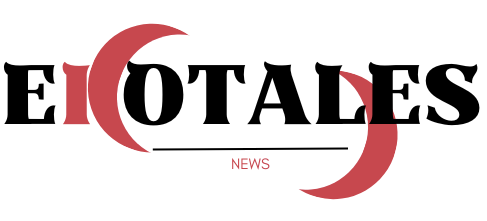At its core, the subscription economy offers a paradigm shift from ownership to access. Instead of purchasing individual products or services outright, consumers opt for subscription-based models that provide ongoing access to a curated selection of offerings. From streaming services and meal kits to software subscriptions and clothing rental services, the subscription economy spans across various industries, offering convenience, flexibility, and personalized experiences.
So, what’s driving the widespread adoption of subscription-based models? One key factor is changing consumer preferences. In an age where convenience reigns supreme, consumers are increasingly drawn to services that offer seamless experiences and eliminate the hassle of traditional shopping. Subscription-based models provide just that—convenience at the click of a button, with products and services delivered directly to your doorstep on a recurring basis.
Moreover, the subscription economy has democratized access to premium offerings, making luxury and niche products more accessible to a wider audience. Whether it’s gourmet food and beverage subscriptions, exclusive access to fitness classes, or personalized skincare regimens, consumers can now enjoy high-quality products and experiences without the hefty price tags associated with ownership.
Businesses, too, are capitalizing on the subscription economy to forge deeper connections with their customers and drive recurring revenue. By shifting from a transactional to a relational model, companies can build long-term relationships with their subscribers, fostering loyalty and driving profitability. Additionally, the predictable revenue streams associated with subscriptions provide businesses with stability and flexibility, enabling them to innovate and adapt to changing market dynamics more effectively.
However, the subscription economy is not without its challenges. As competition intensifies and consumer expectations evolve, businesses must continuously innovate and differentiate their offerings to stand out in a crowded marketplace. Concerns about subscription fatigue and commitment anxiety also loom large, prompting consumers to scrutinize their subscription spending more closely and leading to increased churn rates for businesses.
Looking ahead, the future of the subscription economy is ripe with opportunities for growth and innovation. From the integration of artificial intelligence and machine learning to enhance recommendation algorithms and personalization to the emergence of new subscription-based business models in untapped industries, the possibilities are endless.
In conclusion, the subscription economy represents a fundamental shift in how we shop, consume, and experience the world around us. By embracing the convenience, flexibility, and personalized experiences offered by subscription-based models, both consumers and businesses can navigate the evolving landscape of commerce and seize the opportunities that lie ahead.


